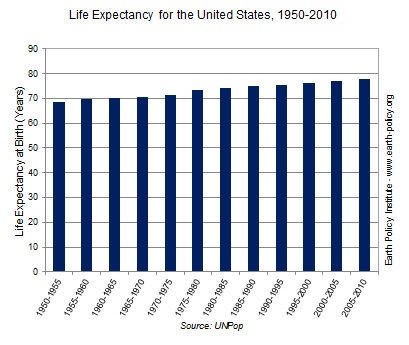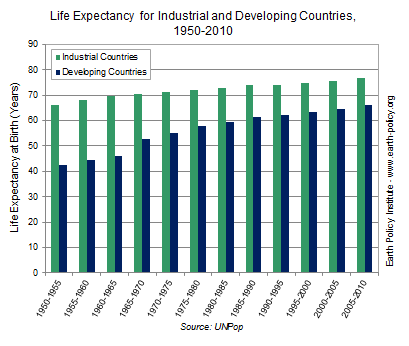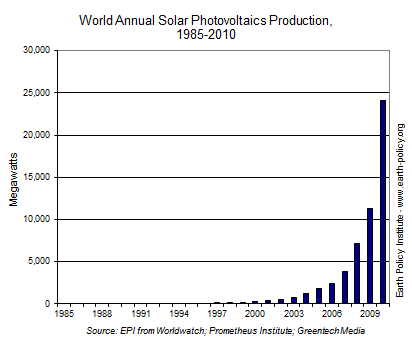But the financial crisis had its greatest impact in Europe, where it is triggering a generational shift. Since 1991, the idea of an integrated Europe has been a driving force of the global economy. As mentioned, it also has been presented as an implicit alternative to the United States as the global center of gravity.
Collectively, Europe’s economy was slightly larger than the U.S. economy. If mobilized, that inherent power made Europe a match for the United States. In the foreign policy arena, the Europeans prided themselves on a different approach to international affairs than the Americans used. This was based on a concept known as “soft power” — which relied on political and economic, as opposed to military, tools — an analog to the manner in which it saw itself managing the European Union. And Europe was a major consumer of goods, particularly Chinese goods. (It imported more of the latter than the United States did.) Taken together, Europe’s strengths and successes would allow it to redefine the international system — and the assumption for the past generation was that it was successful.
In the context of the ongoing European financial crisis, the issue is not simply whether the euro survives or whether Brussels regulators oversee aspects of the Italian economy. The fundamental issue is whether the core concepts of the European Union remain intact. It is obvious that the European Union that existed in 2007 is not the one that exists today. Its formal structure appears the same, but it does not function the same. The issues confronting it are radically different. Moreover, relations among the EU nations have a completely different dynamic. The question of what the European Union might become has been replaced by the question of whether it can survive. Some think of this as a temporary aberration. We see it as a permanent change in Europe, one with global consequences.
The European Union emerged with the goal of creating a system of interdependency in which war in Europe was impossible. Given European history, this was an extraordinarily ambitious project, as war and Europe have gone hand in hand. The idea was that with Germany intimately linked to France, the possibility of significant European conflict could be managed. Underpinning this idea was the concept that the problem of Europe was the problem of nationalism. Unless Europe’s nationalisms were tamed, war would break out. The Yugoslav wars after the collapse of Communism comprised the sum of Europe’s fears. But there could be no question of simply abolishing nationalism in Europe.
National identity was as deeply embedded in Europe as elsewhere, and historical differences were compounded by historical resentments, particularly those aimed toward Germany. The real solution to European wars was the creation of a European nation, but that was simply impossible. The European Union tried to solve the problem by retaining both national identity and national regimes. Simultaneously, a broader European identity was conceived based on a set of principles, and above all, on the idea of a single European economy binding together disparate nations. The reasoning, quite reasonably, was that if the European Union provided the foundation for European prosperity, then the continued existence of nations in Europe would not challenge the European Union. Perhaps, over time, this would see a decline of particular nationalisms in favor of a European identity. This assumed that prosperity would cause national identity and tensions to subside. If that were true, then it would work. But there is more to Europe politically speaking than an enhanced trading area, and the economics of Europe are hardly homogeneous.









